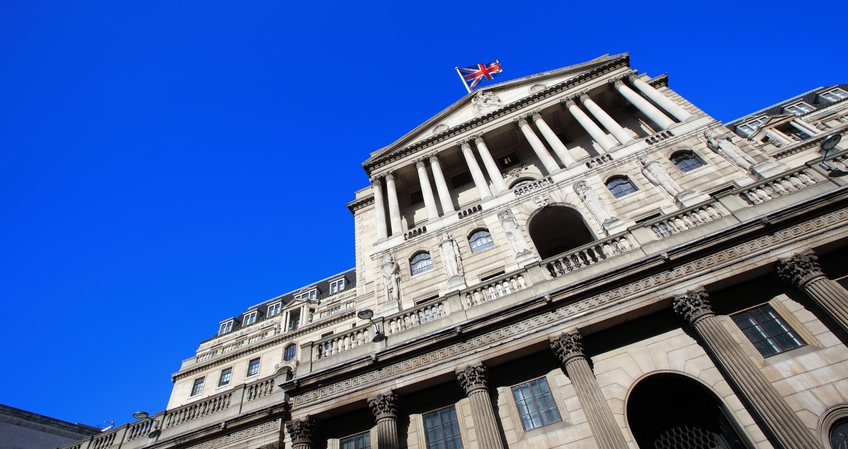Bank of England Holds Rates Steady Amid Inflation and Growth Concerns
- The BoE keeps the interest rate at 5.25%, balancing inflationary pressures with a robust labor market.
- While headline CPI inflation decreases, core inflation persists, signaling underlying price pressures.
- Economic growth remains stable as markets anticipate possible rate adjustments later in the year.
BoE Keeps the Interest Rate at 5.25%
The Bank of England (BoE) convened for its February 2024 meeting and made the pivotal decision to maintain the benchmark interest rate at 5.25%. This move, anticipated by many market analysts, underscores the central bank's cautious stance in the face of ongoing inflationary pressures and a resilient labor market. Despite some market participants betting on a rate cut, the BoE's choice to hold steady was driven by the necessity for more concrete signs of inflation consistently trending towards the government's 2% target.
Headline CPI Inflation Decreases
Inflation has shown a downward trend, with the headline Consumer Price Index (CPI) dropping to 4.0% in December 2023 from a high of 10% the previous year. Yet, the core CPI, which strips out volatile food and energy prices, remains stubbornly high, suggesting that inflationary pressures are still present beneath the surface. The BoE has projected that inflation will fall below the 2% mark in the near term but has also issued caution about a potential uptick later in the year.
Economic Growth Remains Stable
The economic growth outlook has been somewhat stable, with GDP figures expected to have remained flat in the last quarter of 2023. The labor market continues to show strength, with unemployment figures holding at 3.8% and wage growth outpacing initial predictions. This strong wage growth, with companies planning to offer pay settlements around 5.4%, could potentially feed back into inflation, a concern for the BoE.
Financial Markets’ Pricing for BoE Holding Rates
Financial markets had largely priced in the likelihood of the BoE holding rates, and the split vote within the Monetary Policy Committee (MPC) highlighted the complex economic backdrop. One member pushed for a rate decrease, while two others argued for a hike, reflecting divergent views on the trajectory of the UK economy.
BoE may signal rate reductions later in the year, possibly around May or August. This speculation is in line with the central bank's own forecasts, which indicate a short-term dip in inflation before a possible increase later in the year.
BoE’s Decision Impacts Borrowers
For borrowers, particularly those with mortgages, the BoE's decision directly impacts their borrowing costs, which have been on an upward trend. In anticipation of future rate cuts, some banks, including HSBC and Barclays, have primarily reduced their mortgage rates, offering a glimmer of relief to homeowners.
The BoE remains steadfast in its commitment to achieving the 2% inflation target in a sustainable manner and stands ready to adjust its monetary policy in response to incoming economic data. The central bank's current approach is carefully calibrated to mitigate the risk of inflation becoming entrenched while also considering the potential adverse effects on economic growth and employment.

